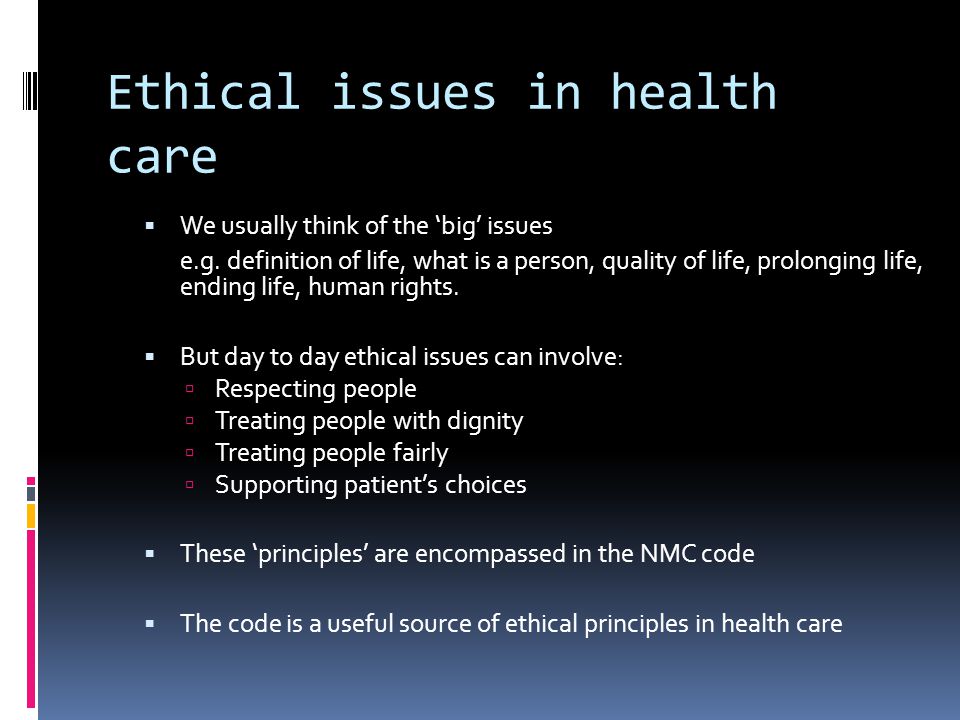
Health Care Ethics Definition. Ethics deals with ethi cal norms for the pr. The four principles of health care ethics are autonomy beneficence non maleficence and justice. Health care ethics a k a medical ethics is the application of the core principles of bioethics autonomy beneficence nonmaleficence justice to medical and health care decisions. To this end cre promotes the practice of the ethical principles derived from the international civil service standards of conduct for all who staff and associated personnel.

Health care ethics n. The phrase care ethics has its roots in feminist theory and was originally coined by psychologist carol gilligan. A branch of applied ethics that studies the value implications of practices and developments in life sciences medicine and health care. The phrase was created after a study that was conducted on how little girls look. Ethics deals with ethi cal norms for the pr. The four principles of health care ethics were created to support professionals as they navigate patient care.
The four principles of health care ethics were created to support professionals as they navigate patient care.
It involves discussions about treatment choices and care options that individuals families and health care providers must face. Health care ethics is the field of applied ethics that is concerned with the vast array of moral decision making situations that arise in the practice of medicine in addition to the procedures and the policies that are designed to guide such practice. Health care ethics n. Medical ethics involves examining a specific problem usually a clinical case and using values facts and logic to decide what the best course of action should be. It requires a critical reflection upon the relationships between health care professionals and those they serve as well as the. Each of these principles has a unique objective but the four come together to ensure that patients are receiving high quality and ethical health care.